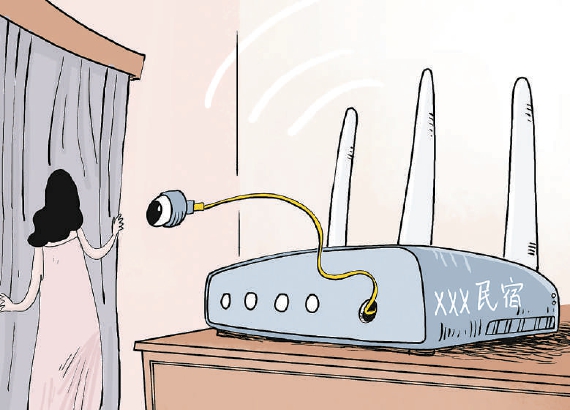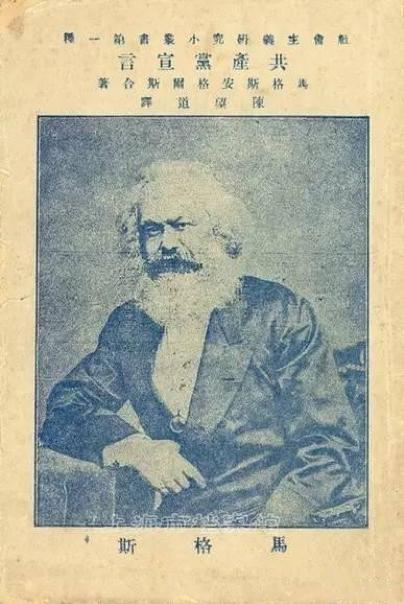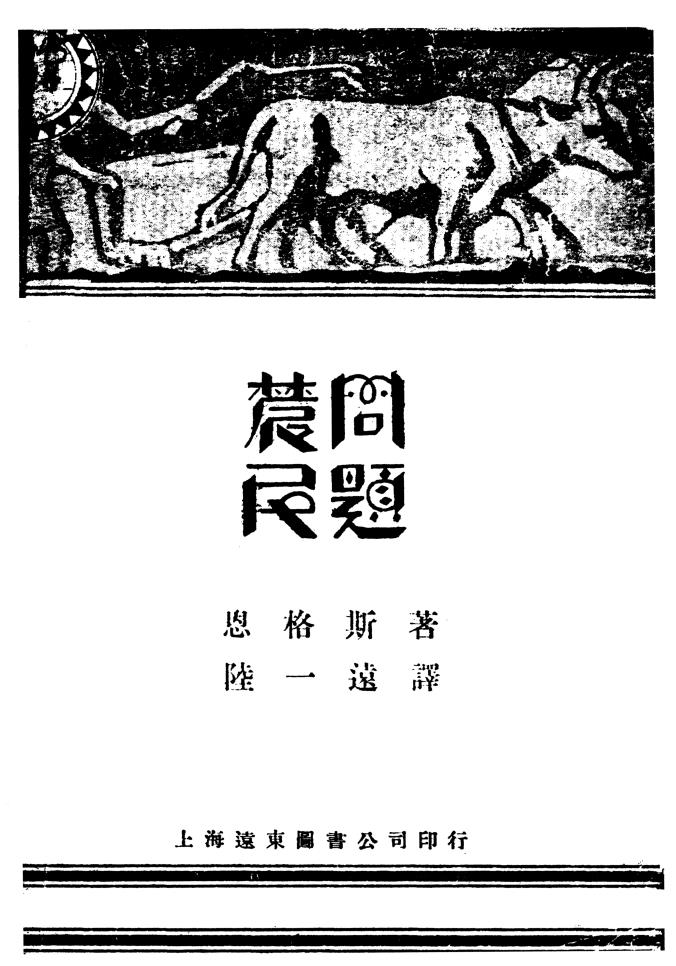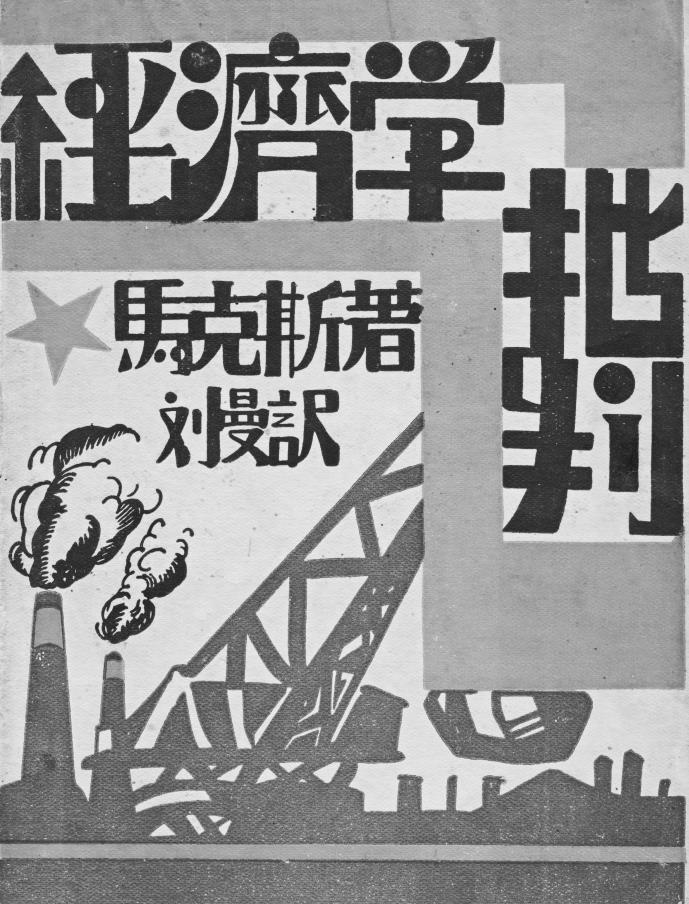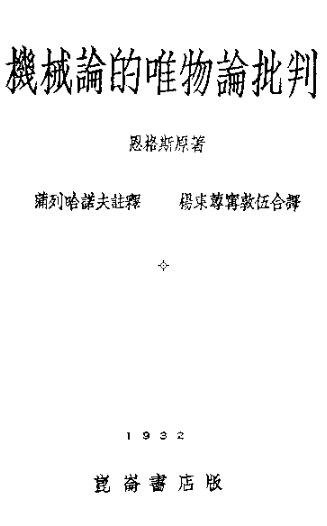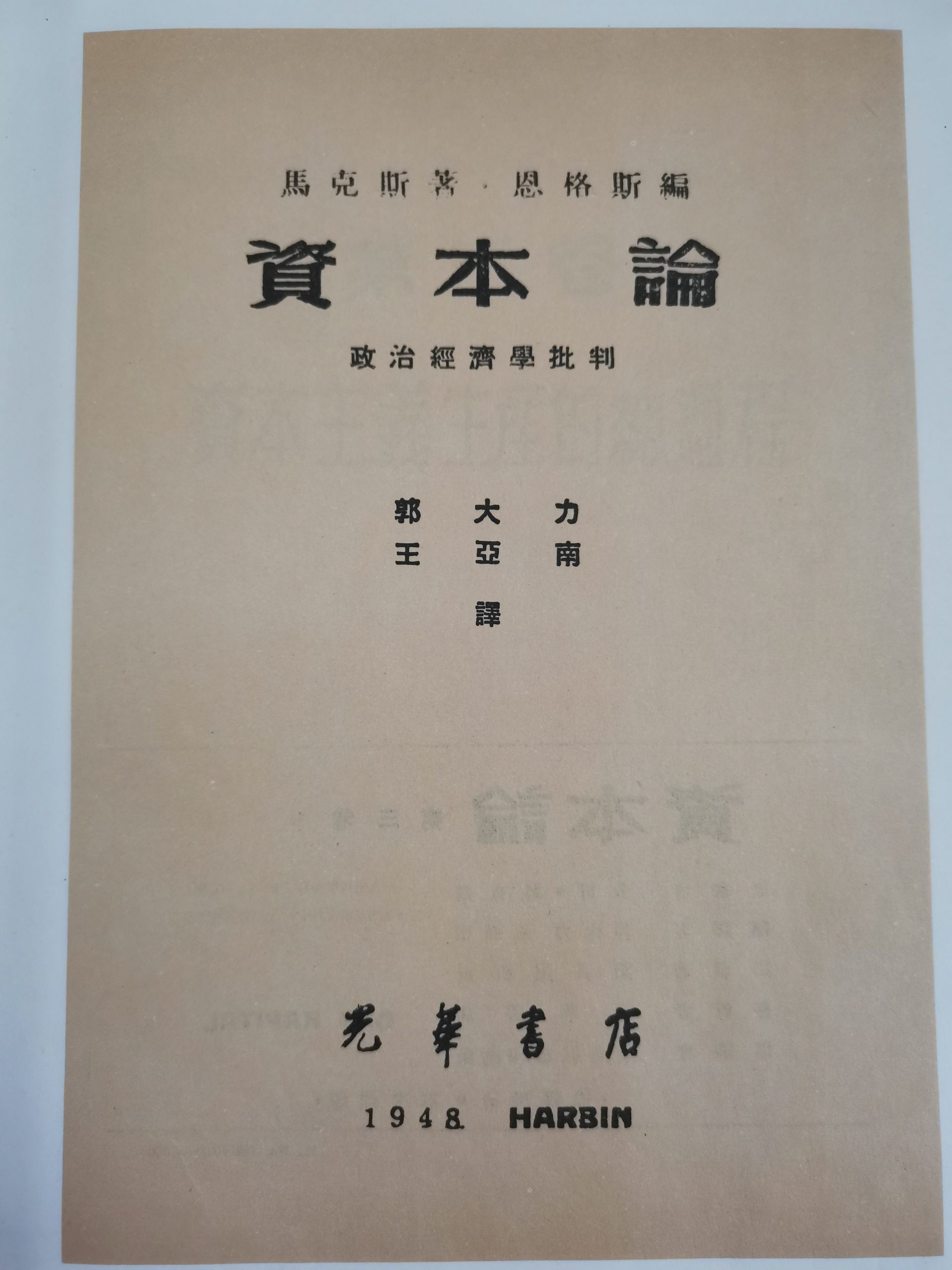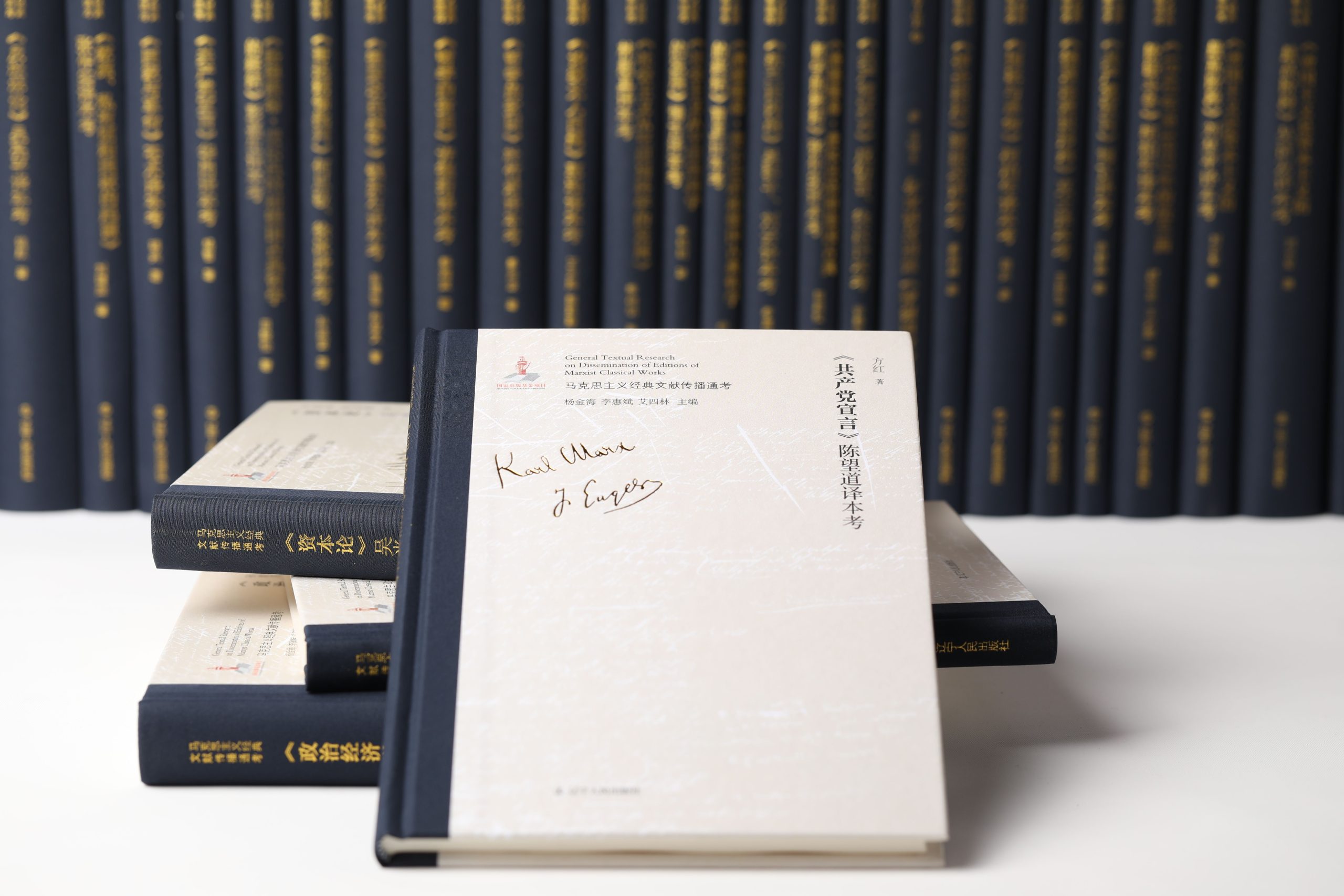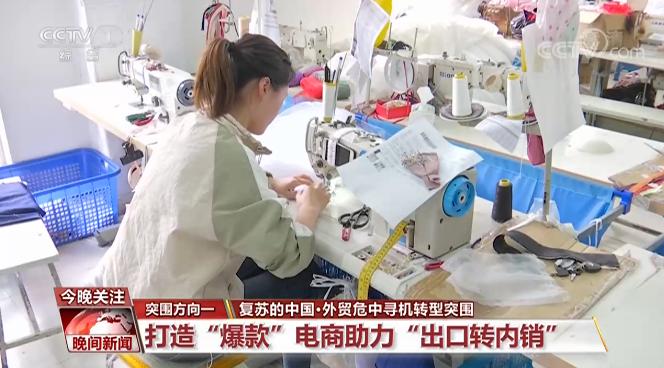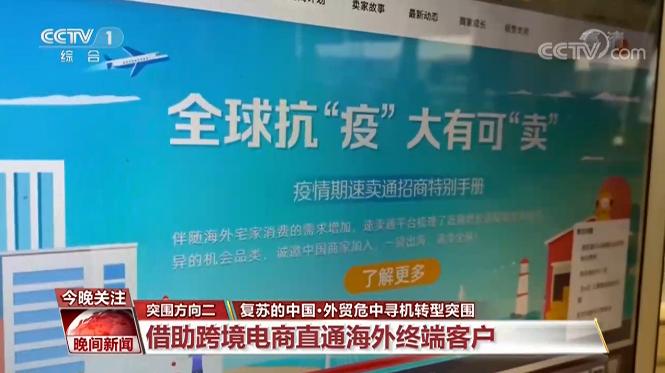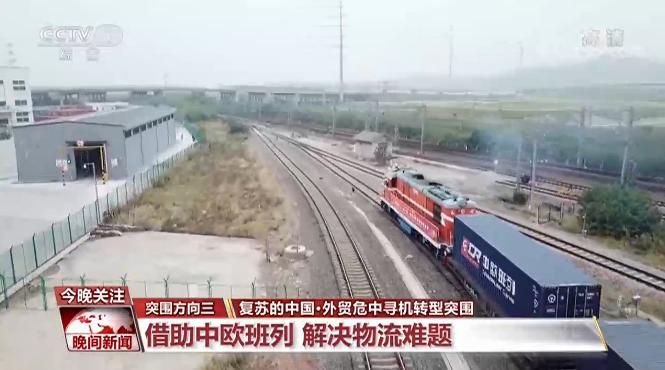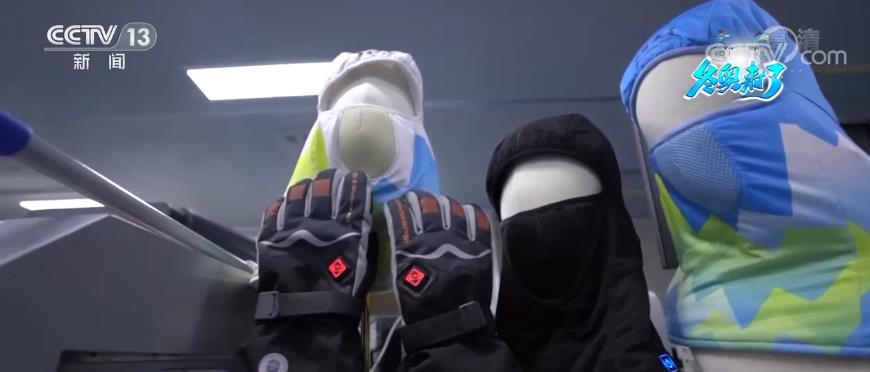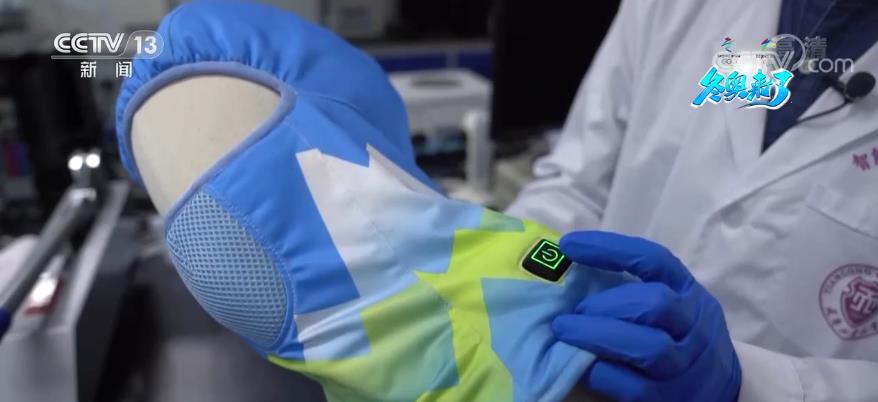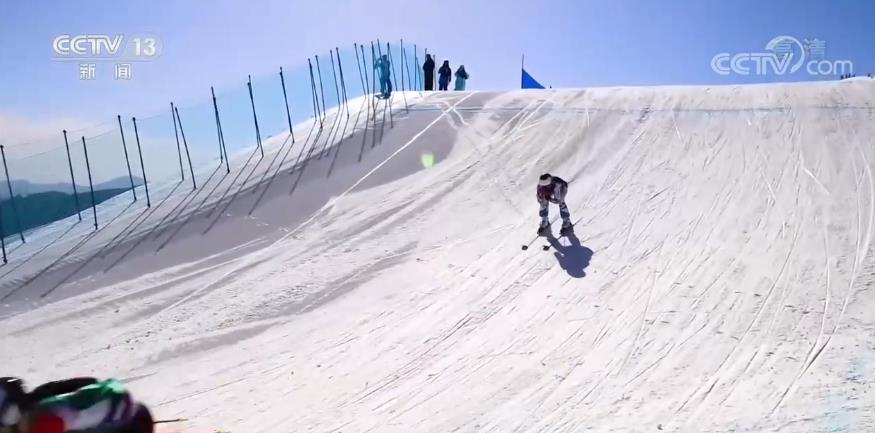Today, 50 years ago, he died for his country in a very heroic way. Today, 50 years later, the story of his dedication to his country is still earth-shattering. And his love for life and death with his wife Li Pei, and everything they have done for the country, is even more earth-shaking!
Fifty years ago today, in the early morning of December 5, 1968, people living near the Capital Airport in Beijing suddenly heard a deafening noise! A small plane suddenly crashed and plunged into the corn field near the airport!
The wreckage of the plane and charred bodies were scattered all over the place, and the scene was terrible. Soon, the search and rescue soldiers found a very shocking scene, with two charred bodies hugging each other tightly. They held each other tightly and died instantly, so the body was extremely stiff.
When people finally separated the two bodies by force, everyone immediately buzzed: between the chests of the two bodies, there was a leather briefcase! Although the briefcase was a little burnt, it was still intact under the tight embrace of two people. When people opened it, they found that it was a top secret document about the test data of thermonuclear missiles!
Seeing everything in sight, many people at the scene knelt down and wept bitterly. The two people who were burnt and still clung together to protect the documents were Guo Yonghuai, a scientist who returned from studying in the United States, and Mou Fangdong, his guard!
Twenty-two days after Guo Yonghuai’s sacrifice, China’s first thermonuclear missile was successfully tested and exploded, and the weaponization of the hydrogen bomb was realized.
On September 18th, 1999, Guo Yonghuai was posthumously awarded as a scientist with the medal of "Two Bombs and One Satellite" as a martyr. He is the only scientist among the founding fathers of "two bombs and one satellite" who has made important contributions in the fields of atomic bombs, missiles and satellites.
Guo Yonghuai, Li Pei and their daughter are in the United States.
one
Open life: from rural baby
To the world master of aerodynamics!
On April 4th, 1909, Guo Yonghuai was born in Rongcheng, Shandong Province, an ordinary farmer with a well-off family. He has been clever since he was a child and is regarded as the apple of his parents’ eye. At the age of 10, Guo Yonghuai was sent by his father to a school run by his uncle.
Since then, this gifted boy has started the mode of learning hegemony, from rural schools to the middle school attached to Qingdao University, and from the middle school attached to Tianjin Nankai University Preparatory Science and Technology Class. After studying in Nankai University for two years, in 1933, he was admitted to the Physics Department of Peking University! As a child in the countryside, Guo Yonghuai studied hard and passed all the way, and the hardships he paid can be imagined! In the summer of 1938, he took the most important exam in his life: the Sino-British boxer indemnity International Student Entrance Examination. Among more than 3,000 references, only one student was enrolled in Guo Yonghuai’s mechanical major.

But the test result is beyond everyone’s expectation. Guo Yonghuai got the same score of 350 with Qian Weichang and Lin Jiaqiao! Later, after the efforts of professors Ye Qisun and Rao Yutai, the three talents were lucky to be admitted together! A few years later, there were four young scientists from China who surprised the world around the famous physicist Von Carmen. Among them were Guo Yonghuai, Qian Weichang and Lin Jiaqiao, and the most famous one was Qian Xuesen!
Yung – huai Kuo
In the summer of 1939, Guo Yonghuai boarded a ship to study abroad. However, before the ship set sail, Guo Yonghuai angrily tore up his passport on the spot! At that time, during the Japanese invasion of China, it was not easy to study abroad, but Guo Yonghuai, who got on the boat, found that he had a Japanese visa on his passport! It says: Stop at Yokohama, Japan for three days.
Go ashore for a tour! Guo Yonghuai clenched his fist and would rather not study abroad than accept the visa of the invaders! In order to defend national dignity, he sacrificed this rare opportunity to study abroad, and together with more than 20 classmates, he immediately picked up his luggage and stepped off the ship!
In August, 1940, on the Russian cruise ship Empress. Right 3 Guo Yonghuai in the back row, left 1 Lin Jiaqiao in the front row and left 5 Qian Weichang in the front row.
It was not until August 1940, a year later, that Guo Yonghuai and his classmates set sail again. He, Qian Weichang and Lin Jiaqiao both entered the Department of Applied Mathematics of the University of Toronto, and it took them only half a year to get their master’s degrees at the same time. After finishing his studies in Canada, Guo Yonghuai entered California Institute of Technology in May 1941. He studied aerodynamics under the master of fluid mechanics von Carmen, who is known as the "father of aviation". Here, he met the best friend in his life and the person who influenced and changed his life-Qian Xuesen!
Young Qian Xuesen
At that time, although Qian Xuesen was only one grade higher than Guo Yonghuai, he became a professor and owned his own car because of his excellent studies! Compared with active Qian Xuesen, Guo Yonghuai is like a shy big boy.
Lin Jiaqiao and Li Pei in their 90 s
More than half a century later, Lin Jiaqiao, who is 90 years old, seriously said to Guo Yonghuai’s wife, Li Pei: Although Qian Xuesen has a car, he never drove us out to play, but did his research in a down-to-earth and earnest way! Because as soon as we arrived in the United States, we found that our previous knowledge was very limited, and we must work very hard to keep up!
(On February 3, 1947, Guo Yonghuai was at Langley Aviation Laboratory. The first row: right 4 von Carmen, left 2 Qian Xuesen, third row: left 2 Guo Yonghuai)
In 1945, Guo Yonghuai received his doctorate. After graduation, he went to Cornell University and became one of the founders of the Aviation Research Institute. At that time, Guo Yonghuai didn’t have a car, and he didn’t have much money. Qian Xuesen drove Guo Yonghuai in his car. Two young people traveled all the way across the United States, from west to east, and drove all the way from Sunshine California to Boston for more than 3,000 kilometers. Guo Yonghuai, who showed off his talents at Conor University, made a great breakthrough in science, and his research achievements made important contributions to breaking through the sound barrier and achieving supersonic flight. In addition to the breakthrough in research, he also gained his own love!
Young Li Pei
In 1947, Li Pei came to Cornell University to study economics! When Mr. Li Pei, who was in her 90s, recalled her love, she smiled and said shyly: He is not handsome, but he is tall …
At that time, Conor University often saw two young Chinese walking and chatting together!
And Li Pei, from the heart also more and more like the talented Guo Yonghuai. After dating for two years, they got married in new york in 1948. It was once a much-told story that a talented person matched a beautiful woman.
After marriage, Guo Yonghuai became famous for his achievements in the scientific field. At that time, he was not only a famous aerodynamist, but also a master of applied mathematics. But in Guo Yonghuai’s mind, he always had a firm idea: he must return to China and play for the new China!
2
Burn all the research papers
Just to serve the motherland
Like Qian Xuesen, Guo Yonghuai is also a great talent who is blocked by the United States and unwilling to let go!
In August 1953, following the signing of the Korean Armistice Agreement between China and the United States, the U.S. government lifted the ban on China scholars leaving the country. However, this does not mean that China scholars can return to China at will, because the United States still sets up various obstacles and conducts various investigations on the grounds of "safeguarding national security".
For a while, Li Pei found that there were often some unidentified people sneaking around her house and peeping!
In 1956, Guo Yonghuai held a picnic before returning to China, and friends in the United States came to see them off. Guo Yonghuai made a surprising move at this party. He personally burned all his research results and materials in front of all his friends.
He threw thick manuscripts into the fire and burned all his hard work to ashes. Li Pei sees it in her eyes and hurts in her heart.
But she understands that this is to avoid being troubled by the US government. Guo Yonghuai comforted her: It doesn’t matter, the knowledge is in the minds of scientists, and they can’t take it away.
A family of three is in front of an American villa.
In 1956, the day before the National Day, Li Pei and Guo Yonghuai left their familiar American home with their young daughter, abandoned the three-story small foreign building in the United States and left for home!
When they returned to China to board the ship, they gave the car to the last person to see them off. Just as they have no nostalgia for America, they have no lust for money.
From a comfortable and spacious big house to a shabby and narrow small house. From a first-class laboratory to a small room decades behind for research. From a rich life with a high salary to a meager salary to barely make a living. It is hard to imagine how brave they were at that time to be willing to bear such a huge gap.
Finally, after more than a month’s sea journey, they finally returned to their motherland for 16 years. On this day, Guo Yonghuai and Li Pei have been waiting for too long … Some people say, "Why did their generation return to China at that time? A lifelong concern for the destiny of the country, this fearless sense of mission, is not something we can fully understand today. "
Guo Yonghuai, Li Pei and his daughter Guo Qin.
As soon as Guo Yonghuai returned to China, he received a letter from his good friend Qian Xuesen: Personally, I would like to welcome you and invite you to work in the Institute of Mechanics of China Academy of Sciences. We have prepared your office for you, which faces south and is on the second floor! There are light green curtains inside, and a row of pine trees looking out. I hope you can be satisfied. Your residence is very close to us, so it is a close neighbor!
Premier Zhou Enlai met Guo Yonghuai in Zhongnanhai and asked him what he wanted. Guo Yonghuai said anxiously, "I want to get into work as soon as possible …" After that, Guo Yonghuai devoted himself to the research and guidance of superb aerodynamics, explosion mechanics, electromagnetic fluid mechanics, flight mechanics and solid mechanics.
He never takes a break on Sundays and holidays. He often goes out early and comes back late, burying himself in his book and even having no time to listen to music. Two boxes of new records brought back from the United States have never been opened. He likes collecting stamps and photography very much, and now he is too busy …
In 1961, the 26th World Table Tennis Tournament was held in Beijing. The Chinese Academy of Sciences issued two tickets to Guo Yonghuai and Li Pei, but Guo Yonghuai left in the middle. He said that watching the China table tennis team win glory for our country, he was also very anxious, and he wanted to go back to work immediately and strive for early success.
Guo Yonghuai took out all the books and materials he brought from the United States and gave them to the Institute of Mechanics. Even the joystick computer he regarded as a treasure was brought to the Institute. Even the refrigerators and other electrical appliances at home have been moved to the unit, and the Institute of Mechanics has become Guo Yonghuai’s second home after returning to China.
In 1959, the Soviet Union withdrew all its experts and refused to provide China with the mathematical model and technical data of the atomic bomb. One day in March, 1960, Qian Sanqiang, who was later called "the father of China’s atomic bomb", suddenly came to Guo Yonghuai’s office and invited him to take part in a top secret mission of the country!
It was this visit that Guo Yonghuai’s name was associated with China’s atomic bomb. 105 experts and scholars formed a special team, and Guo Yonghuai was officially appointed as the vice president of the Ninth Hospital, responsible for the theoretical exploration and development of the atomic bomb.
three
For that rising mushroom cloud
He is desperate to keep the "top secret document"
Because of the special national task, his wife Li Pei knows nothing about her husband’s work! In the morning, Guo Yonghuai also secretly conducted nuclear weapons research and development, and in the afternoon, he conducted mechanical research as the deputy director of the Institute of Mechanics. In order to ensure confidentiality, the driver in Guo Yonghuai never changed!
In 1963, the technical backbone personnel of nuclear weapons development moved to the newly-built nuclear weapons development base in Qinghai. Before Guo Yonghuai left.
Li Pei silently helped her husband pack, but she knew nothing about where her husband was going. In the plateau at an altitude of more than 3,800 meters, the lowest temperature can reach MINUS 40 degrees Celsius. In the days when the atomic bomb test is about to enter, Guo Yonghuai often works for more than ten hours, and sometimes even stays up all night!
In 1967, Wang Ganchang (left 1), Peng Huanwu (left 2), Guo Yonghuai (left 3) and Deng Jiaxian (right 2) were in Xinjiang Nuclear Test Site.
He and many nuclear scientists understand that the development of a nuclear bomb is undoubtedly a life-and-death test for new China. Guo Yonghuai didn’t let the guards spread the mattress when he slept. The guards were puzzled. He said, "When you sleep on an iron bed, you will wake up with pain when you turn over, so that you won’t let yourself sleep and you can continue to work."
In the 1960 s, Guo Yonghuai took the explosive forming specimen in his hand.
Hearing this, the guards secretly hid to one side and wiped their tears.
Qinghai Nuclear Test Base at an altitude of 3,800 meters is surrounded by the endless Gobi Desert, where nothing grows, yellow sand is all over the sky, oxygen is scarce, and the temperature difference is great. Coupled with the lack of nutrition, many staff members have severe altitude sickness. Guo Yonghuai, who is over 500 years old, has gray temples and looks older every day. On the afternoon of October 16th, 1964, there was a loud noise in Lop Nur, and China’s first atomic bomb exploded successfully.
When everyone cheered and was immersed in great joy, Guo Yonghuai fainted at the experimental site because of fatigue.
On October 3rd, 1968, Guo Yonghuai came to Lop Nur experimental base again to prepare for the experiment of China’s first thermonuclear missile!
On December 4, 1968, at the critical moment of China’s first thermonuclear missile experiment, Guo Yonghuai, who had been in Qinghai for more than two months, returned to Beijing with important data files found in the experiment! After a night’s voyage, the sky gradually turned white, and the plane finally reached the terminal and began to slowly lower its altitude. No one expected that when it was more than 400 meters from the ground, the plane suddenly lost its balance. Suddenly fall, from 400 meters to the ground, only less than 10 seconds …
There were more than a dozen people on the plane, only one survivor. He later recalled that when the plane was shaking violently, one person shouted "My briefcase!" " In the end, as people can see, Guo Yonghuai and the guard, Xiao Mou, embraced each other tightly, protecting this valuable information for the development of thermonuclear missiles. At the age of 59 when he died …
The news of the plane crash in Guo Yonghuai first reached the State Council. Premier Zhou Enlai burst into tears and remained silent for a long time, then ordered a thorough investigation of the accident. But until today, the cause of the plane crash is still a mystery! Guo Yonghuai’s wife, Li Pei, didn’t say a word after hearing the bad news, but she just choked back her tears! After learning the news of Guo Yonghuai’s sacrifice, Qian Xuesen cried on the spot …
China’s first thermonuclear missile was successfully launched!
On December 25th, 1968, the 20th day after the plane crash, China’s first thermonuclear missile exploded successfully, and Guo Yonghuai devoted too much effort here!
But at this moment, Guo Yonghuai will never see it again!
four
To Guo Yonghuai and Li Pei.
With the highest respect!
In 2007, it has been 39 years since Guo Yonghuai passed away!
Half a century later, China is strong enough, and those superstars who once shined on the historical stage have all become old people, and their light has gradually dimmed! This day is Qian Xuesen’s 96th birthday, and 90-year-old Li Pei specially came to congratulate him!
At this time, Qian Xuesen’s language expression was not clear, but his first sentence was actually: How many children do you have now?
90-year-old Li Pei smiled and replied: I don’t have any now! There was silence at the scene, and Qian Xuesen probably never thought that this smiling old lady had been living alone for so many years. In 1997, Li Pei and Guo Yonghuai’s only daughter, Guo Qin, died of cancer.
Li Pei and his daughter Guo Qin
Losing her husband in middle age and her daughter in her later years, Li Pei suffered too many hardships in her life. But she has not forgotten her husband’s last wish-to build the motherland.
At that time, English education in China was very backward. Without a teacher, she took the risk to find a "Rightist" professor. Without a textbook, she wrote it herself. She trained the first batch of master’s and doctoral students in New China.
When she was over 70 years old, she was still on the podium, giving lectures to doctoral students for several hours. Actually, she never sat down and gave a lecture, and always stood on the podium in a proper way, because she said, "Be a teacher." One of her students once said, "I have met many good teachers in my life, but" the greatest teacher I have ever seen is Mr. Li ".
Nearly a hundred years old, she still insists on grooming, putting foundation on her face and painting thrush. Because she also asks herself to be a teacher, that is, to respect the students. On September 18, 1999, Li Pei sat in the Great Hall of the People, and the state awarded 23 scientists the medal of "two bombs and one satellite". Her husband, Mr Guo Yonghuai, was the only martyr among the 23 "two bombs and one satellite" founding fathers. He is the only scientist who has made great contributions to the development of atomic bombs, hydrogen bombs and artificial satellites.
This is the highest honor given to Guo Yonghuai by the state! Four years later, Li Pei donated this medal of two bombs and one star, which is 8 cm in diameter and 99.8% pure gold and weighs 515 grams, to China University of Science and Technology.
Li Pei donated the "two bombs and one satellite" meritorious medal to the University of Science and Technology of China!
She also donated all her life savings: 600,000 yuan to the Institute of Mechanics and 300,000 yuan to China University of Science and Technology. There is no ceremony, just like dealing with an electricity bill. With such a large denomination of money, the old man said, "Donation is donation, and what ceremony is needed."
Li Pei is giving a lecture
For decades, Li Pei has been living in her old building with Guo Yonghuai in Zhongguancun, and the room has been preserved with the decorations of Guo Yonghuai before his death. This person she loves most has always lived in her heart! She said: There are many of his books and his favorite things in this house, as if he had never left and had been in this house all the time …
In her small living room, there are few things. The legs of the gray cloth sofa are crooked. However, on Guo Yonghuai’s 104th birthday, she donated all the articles that accompanied her for decades to the Institute of Mechanics: the commemorative seal, exquisite slide rule and longines pocket watch that Guo Yonghuai used before his death, and the glasses and watches blackened by flames when Guo Yonghuai died in 1968. This is all her possessions, and also her last possessions …
In her later years, Mr. Li Pei almost never mentioned her deceased friend. She sometimes stood on the balcony for hours at a time. No one can tell, what kind of pain did she suffer?
On January 12, 2017, Mr. Li Pei also left forever. She was finally reunited with her husband and daughter who missed her day and night …
In Tomb-Sweeping Day in 2017, Mr. Li Pei’s ashes were buried together with Mr. Guo Yonghuai’s ashes under the bronze statue of Guo Yonghuai …
In July 2018, the International Asteroid Center officially named the asteroid No.212796 as "Guo Yonghuai Star" and the asteroid No.212797 as "Li Peixing". Guo Yonghuai and Mr. Li Pei, as the stars that shine and inspire us, continue to shine.
Today, it is Mr. Guo Yonghuai.
The 50th anniversary of his death!
Remember their first and last names,
Appreciate their merits!
Guo Yonghuai, Li Pei, gentlemen, through the ages!
References:
CCTV’s "Everyone, Two Bombs, One Star, Guo Yonghuai", "Forever the Spirit" and "Guangming Daily" September 12, 2017
Biography of Guo Yonghuai, historical materials of science and technology in China, by Li Jiachun and Dai Shiqiang, and by Chloe Wang, chief producer of Institute of Mechanics, Chinese Academy of Sciences.
Text: Beiyangjun
This article is reproduced from the WeChat WeChat official account "Beiyang House" (ID: bypm 2016). The original text was first published on December 5, 2018. The original title was "50 years ago, a plane with top secret information crashed! Today, remember Guo Yonghuai! ",the original text has been deleted, which does not represent the view of the think tank.
Producer: Yu Xia
Editor: Dai Lili Li Yibo
Editor: Xie
Original title of this article: "Fifty years ago today, he used his life to protect a top secret document! Twenty-two days later, China shocked the world with it! 》
